Life Style
- Details
- Written by Silvia G Golan
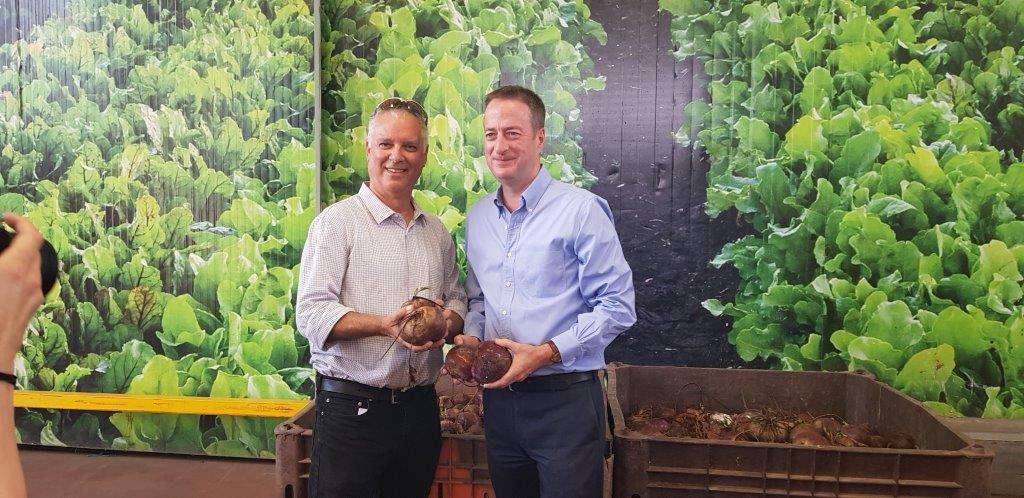
3rd Annual Bridge the Food Gap at Leket Israel Welcomes the British Ambassador
--Leket Israel Third Annual British Volunteering Event – Bridge the Food Gap Welcomes Special Guests British Ambassador David Quarrey and Military Attaché Colonel Westerman --
Thursday, August 9, 2018: Leket Israel hosted its third annual Bridge the Food Gap event at its Logistics Center in Ra’anana for tourists and ex-pats from the UK. Over 100 volunteers turned up for the two hour event where they had the opportunity to sort and pack fresh rescued produce to be distributed to needy Israelis. In addition, Leket Israel was pleased to host members of the British Embassy in Israel, including Her Britannic Majesty's Ambassador to the State of Israel, David Quarrey and UK Military Attaché Colonel Westerman. In addition to the Ambassador and Colonel Westerman, 20 representatives from the embassy rolled up their sleeves to volunteer as well.
Guests were greeted by Gidi Kroch, CEO of Leket Israel, who welcomed the UK visitors to Leket and thanked them for volunteering. “We know that many of you are in Israel on holiday and it takes a special type of person to spend some of that time giving back to those in need” said Kroch. “Hunger doesn’t take a vacation and neither do the hardworking volunteers of Leket Israel.”
Kroch then introduced British Ambassador David Quarrey and thanked him for coming. “We are honored to welcome our friend and partner Ambassador Quarrey to volunteer at Leket. Your support and cooperation goes a long way in rescuing fresh nutritious food. We appreciate you coming and getting your hands dirty and we hope that other representatives will follow your lead.”
The Ambassador then thanked everyone for coming and Leket Israel for inviting him. “Thank you Leket for inviting me and the British Embassy staff to experience the important work that you do. It has been a privilege to make a small contribution and to see the impact that Leket has on so many people and communities across Israel. It was also another reminder of the huge contribution that British olim and visitors make to local communities here.”
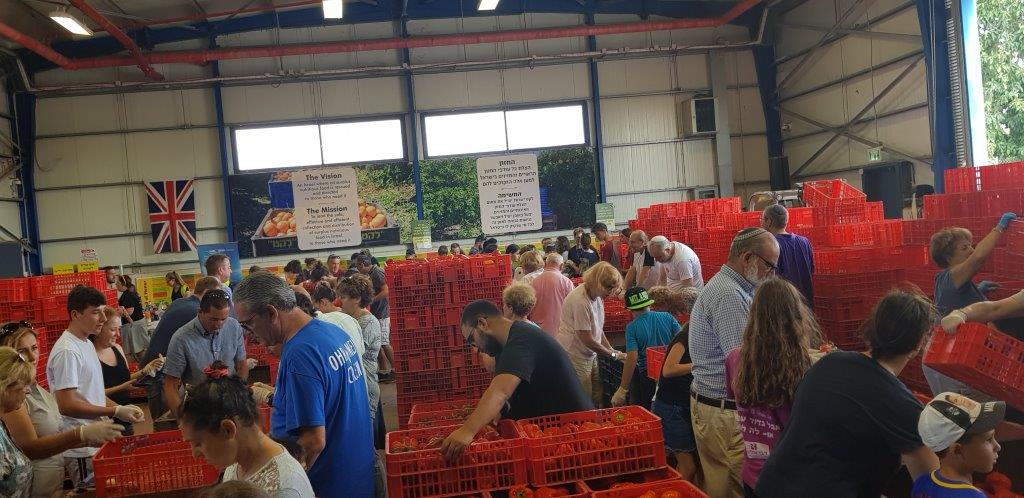
Many of the volunteers were British citizens who moved to Israel and live in nearby cities. “No matter how long you’ve been in Israel you still always have that connection to your home country” says Zara Provisor, UK Development Coordinator at Leket Israel. “It’s nice to have an opportunity to get together with other Brits and do something good.”
Altogether the volunteers sorted and packed 5 tons of beets, peppers, cabbages, and onions which will go to feed 1000 needy Israeli families.
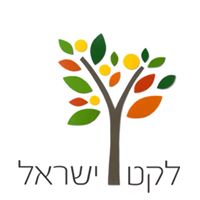
About Leket Israel: Serving as the country's National Food Bank and largest food rescue network, Leket Israel (www.leket.org/en) works to alleviate the problem of nutritional insecurity among Israel's poor. With the help of over 46,000 annual volunteers, Leket Israel rescues and delivers more than 2.3 million hot meals, 31.8 million lbs. of produce and perishable goods to underprivileged children, families and the elderly. This food, that would have otherwise gone to waste, is redistributed to Leket’s 200 nonprofit partner organizations caring for the needy, reaching 175,000+ people weekly.
Facebook לקט ישראל Leket Israel
https://www.instagram.com/leket_israel/
Photos by Silvia G. Golan
- Details
- Written by Silvia
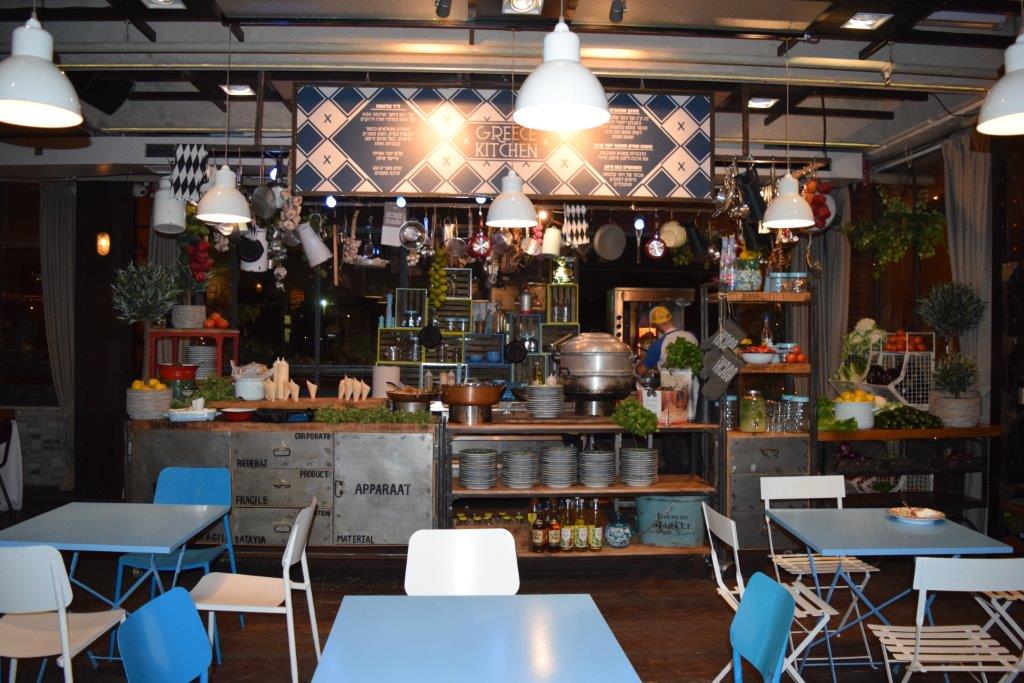
Socca Market in Tel Aviv has brought a new concept in dining to its unique venue for weddings, parties and major events. Instead of the standard fixed menu and waiter service, guests are invited to make the rounds of food stalls, each one featuring cuisine from different corners of the globe.
Drawing its inspiration from London’s Borough Market, New York’s Chelsea Market and Barcelona’s La Boqueria -- and more recently, Tel Aviv’s Sarona Market and Shuk Tzafon -- Socca Market comprises stalls that serve food representing the following cuisines:
Israeli (Mediterranean) - hummus, tehina, lamb kabab, skewers of shishlik and sabih
Italian - pastas, focaccias, antipasti (grilled vegetables) and bruschettas
Greek - souvlaki, dolmades (stuffed grape leaves) Greek salad, gyros, fried red mullet
Asian - dim sum dumplings, stir-fried noodles, bao sandwiches, Asian cabbage salad
American - fresh grilled hamburgers from prime beef, coleslaw, French fries
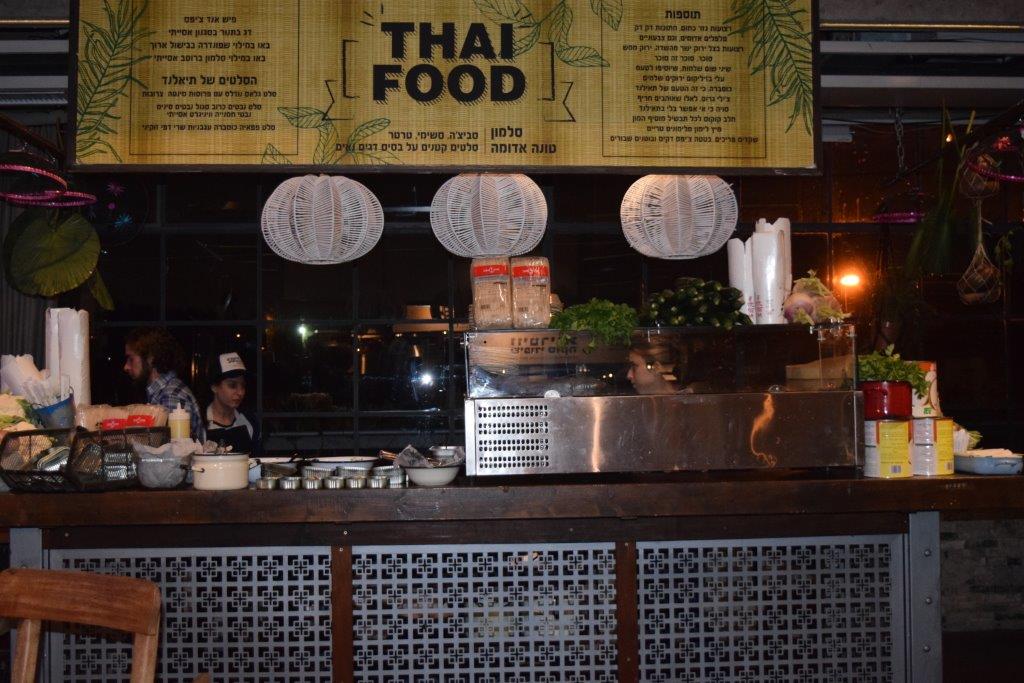
A delicious spread of desserts is served, featuring brownies with hot fudge sauce, chocolate chip cookies, hot apple crumble with pareve vanilla ice cream, meringues with berry sauce, lemon meringue tarts, and assorted pastries.
There is a full bar serving cocktails, sangria, and soft drinks, and a separate bar for wines.
Socca Market, which is certified kosher, is located in a trendy district of lofts and studios in south Tel Aviv.
Address: 27 Shocken Sreet (entrance from Shvil Hameretz)
Website: http://soccatlv.co.il
Tel. (073) 248-0313
- Details
- Written by Jonathan Danilowitz
Once again, for the 22nd successive year, the International Mediterranean Tourism Market (IMTM) will take place at the Convention Center of the Tel Aviv fairgrounds 9-10 February 2016
The successful ITN – ORTRA team is organizing the event again. Israel Travel News (ITN – publishers of tourism magazines, websites and newsletters) and ORTRA (Israel's premier conference organizers) make sure that the fair, which has grown in leaps and bounds from year to year, will be a grand success.
The Israeli public is hungry for travel news on new destinations and also on the old favorites. IMTM is the perfect solution. As always there will be an interesting range of special presentations, screenings, lectures and discussions, some by invitation only, but most open to the general public. This year two interesting presentations will focus on medical tourism, incoming and outgoing. This hot topic is being given center stage at IMTM for the first time. There are multiple aspects and the discussions promise to be absorbing.
One of the desirable "by invitation only" events is the lavish pre-opening breakfast on the first day, exclusively for ambassadors serving in Israel. All ambassadors have already received an invitation. Ambassadors who have not yet responded (“RSVP”) are reminded to do so as soon as possible.
Once again, a series of start-ups under the title of "Digital Travel Dome" (designated separately in the catalog, distributed free) display the ingenuity of Israel, the “start-up nation”, in the field of digital apps that make information easy to find on your smartphone. If for no other reason (and there are plenty of other reasons), make sure to get your catalog when you visit the fair.
No need to say that Israel is going through trying times, so the promised success and numerous exhibitors is a real indication of the attraction that IMTM has for travel-industry professionals worldwide. Cross-border travel is the hallmark of peaceful coexistence. Can tourism will be the flashpoint of peace in the Middle East? Perhaps for world peace as well? Time will tell.
Silvia Golan, the Executive Director of www.diplomacy.co.il , and yours truly, will be at IMTM 2016. We hope to see you there.
The Tel Aviv Convention Center, commonly known as Ganey Hataarukha, is located on Rokach Boulevard in northern Tel Aviv, Israel, adjacent to the Tel Aviv University Railway Station.
Address: Rokach Blvd 101, Tel Aviv-Yafo
- Details
- Written by Buzzy Gordon

The Cafe Rothschild chain has opened in newest restaurant in the suburb of Givatayim, a block away from the municipal border with Tel Aviv. The kosher chain, which serves dairy but no meat dishes, has been expanding rapidly into the center of the country from its base in the North.
Cafe Rothschild, whose slogan is b’n’divut -- meaning, “generously” -- is known for its freebies, large portions and value. Guests are greeted with a complimentary drink on arrival, and free popcorn is distributed in the evenings. Instead of the conventional happy hour, beer (part of an alcohol menu that includes spirits and wine) is always two-for-one.
The categories of the bilingual menu comprise breakfast, salads, pastas, appetizers, sandwiches, tortillas, pizzas, focaccias and fish dishes. In addition to the usual hot and cold beverages, there are fresh-squeezed juices, smoothies and shakes. Vegan and gluten-free options are also available.
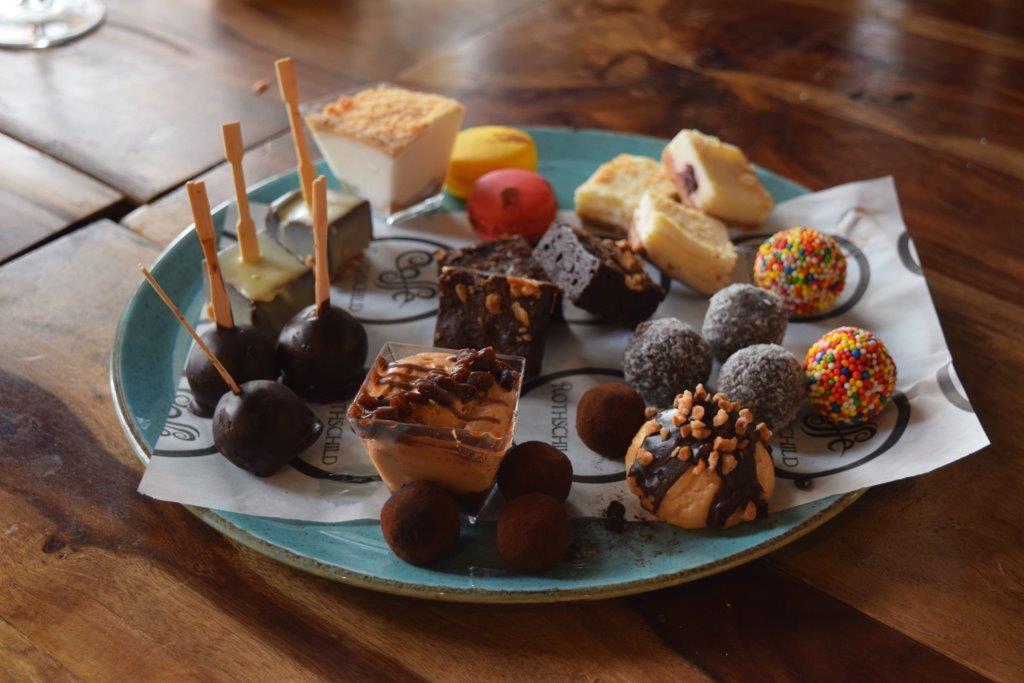
Desserts appear on a Hebrew-only menu, but can be explained in English by the staff. The super-sized sweets are prepared by pastry chefs off-site.
Among the special offerings of Cafe Rothschild are Italian Tuesdays -- when pasta is NIS 29 and glasses of wine NIS 10 -- and Greek Fridays, featuring mezze.
Website: http://www.rothschild-cafe.co.
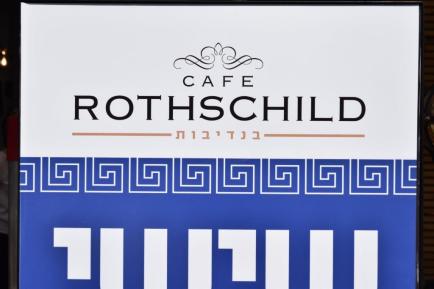
Photos Silvia Golan
- Details
- Written by Jonathan Danilowitz
Next week (on the 10th February), for the 21st successive year, the International Mediterranean Tourism Market (IMTM) will open at the congress center of the Tel Aviv fairgrounds.
The gala event, which takes place every year and lasts for two days, showcases Israeli and international tourist attractions in an ideal setting. Countries from around the world have stands and booths were exhibitors from those countries can present themselves to Israeli and world visitors to the fair.
Similarly, a wide range of Israeli tourist attractions and companies (some representing, and acting as agents for, international players in the tourist market) are displayed for the thousands of fair visitors.
Israel Travel News (ITN – publishers of tourism magazines, websites and newsletters) and ORTRA (Israel's premier conference organizers) are behind this successful project which has grown in leaps and bounds from year to year.
ITN, hand-in-hand with ORTRA, facilitate and organize the event which includes not only the actual displays, but meetings, lectures and live presentations (some by invitation only) on issues that interest tour operators, guides, tourist organizations, the diplomatic corps, and of course – a public hungry for information on exciting tourist destinations.
One of the desirable "by invitation only" events is the lavish pre-opening breakfast on the first day, exclusively for ambassadors of the diplomatic corps serving in Israel. All ambassadors have already received an invitation and the responses ("RSVP") are flowing in. Ambassadors who have not yet responded are reminded to do so as soon as possible.
Each year new exhibitors join the fair to benefit from the exposure. This year, a series of start-ups under the title of "Digital Travel Dome" (designated separately in the glossy catalog distributed free to all attendees) display the ingenuity of the start-up nation – Israel – in the field of digital apps that make finding information on your smartphone soooo easy. If for no other reason (and there are plenty of other reasons), make sure you get your catalog when you visit the fair.
Cross-border travel is the hallmark of peaceful coexistence. Israel-Arab exhibitors at IMTM are already well represented. Perhaps tourism will be the flashpoint of peace in the Middle East? Perhaps for world peace as well? Only time will tell.
Representatives from www.diplomacy.co.il will be at IMTM 2015. We hope to see you there.








